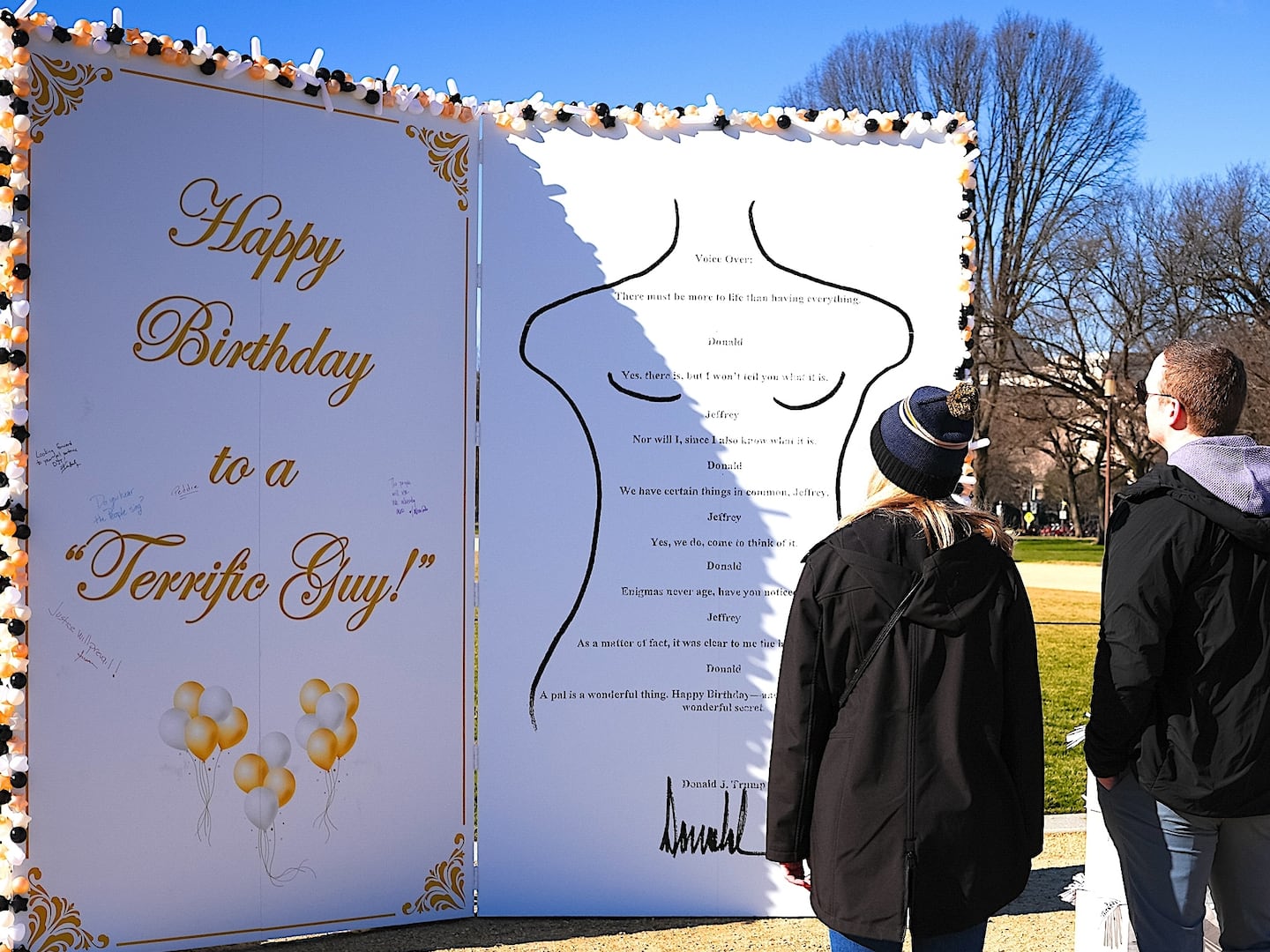NEW ORLEANS — “Where do you bury the ashes?” the joke started.
“In the fruit jar.”
“Did you hear about the weenie roast?” went another.
They were jokes made in response to what was the deadliest attack on gays in American history until the Pulse nightclub massacre in Orlando last week: the UpStairs Lounge arson in 1973 that killed 32 people.
“It was a record none of us wanted us broken,” said Frank Perez last Sunday night at a vigil of nearly 300 people for the 49 victims in Orlando. Many of the mourners were from the New Orleans’s LGBT community who gathered on the Mississippi River levee near the Governor Nicholls’ Street wharf in the French Quarter.
The UpStairs Lounge was a gay bar on Chartres St. in the French Quarter above another bar, the Jimani Lounge. On Sundays it hosted members of the New Orleans Metropolitan Community Church. The MCC was the first LGBTQ-friendly Christian denomination in the U.S.
During a beer bust on Sunday, June 24, 1973, someone covered the wooden staircase to the lounge in lighter fluid and set it ablaze. A few minutes later, when one of the patrons opened the metal door to the stairwell, flames exploded into the bar, and blocked the escape routes for most of the people inside.
The fire trapped around half of the patrons, who couldn’t make it to an exit. Some tried to escape out the windows, but most were blocked by burglar bars. MCC’s pastor, Reverend Bill Larson, got stuck in a window and burned to death, trapped, with people in the street watching as it happened.
Duane Mitchell, the assistant MCC pastor, also died in the fire; 29 people were burned alive inside while three others died after escaping.
“These people, they were literally roasted alive,” Terry Gilbert, one of the first fireman to respond, told the New Orleans Times Picayune in 2013. The morning after the fire, the newspaper compared it to “Dante’s Inferno” and “Hitler’s incinerators.”

Today, there’s a small plaque in the sidewalk outside to memorialize the lives lost, but back then city officials downplayed what happened.
“After the UpStairs lounge arson, no politician in town wanted to have anything to say,” said Perez.
“The mayor didn’t make any statement, the governor didn’t make any statement,” Johnny Townsend, who wrote a history of the fire titled Let the Faggots Burn, told The Daily Beast. “It had the largest number of fatalities of any fire in New Orleans.”

According to the Jimani Lounge, the chief detective of the New Orleans Police Department at the time, Henry Morris, dismissed the fire saying, “Some thieves hung out there, and you know this was a queer bar.”
No wonder the perpetrator was never caught.
There was “never anyone definitively IDed,” said Townsend, but the most likely arsonist was a man named Rodger Nunez, who had gotten in a fight at the bar earlier, and told patrons, “I’m gonna burn y’all out.”
Townsend said this was “pointed out to the police, but it was just dismissed.”
Sam Gebbia, the New Orleans Police Department’s lead investigator, told Time in 2013, “I’m sure in my heart of hearts this is the guy that set our fire.” Gebbia said he just didn’t have enough evidence to arrest him.
Nunez committed suicide a year later.
“The public reaction to the tragedy that occurred in Florida this morning is 180 degrees opposite of what happened in the UpStairs lounge fire,” said Perez on Sunday. “President Obama actually addressed the nation which I thought was very moving.”
Alisan Rowland, the current Pastor of the New Orleans MCC, agreed. Before Orlando, she hadn’t felt the same way about the President’s commitment to his LGBTQ citizens as she did after the massacre.
“In that moment he was most clearly my president.”
Still, in Louisiana, politicians have a more mixed record on LGBTQ issues. Some have adopted a more “under the table,” approach to the LGBTQ community, said Rowland. They don’t speak out, but they do support the right policies, like Louisiana Governor John Bel Edwards.
When Edwards ran for Governor, said he personally opposed marriage equality, but has since signed an executive order protecting LGBT people from being discriminated against or fired from state government positions based on their gender identity or sexual orientation. (Today, the City of New Orleans has similar protections.) Edwards also declared June LGBT pride month.
Other politicians are explicitly anti-gay though, like state Rep. Mike Johnson, who sponsored a “Marriage and Conscience Act” in 2015, which would have allowed residents to to discriminate against LGBT people under the guise of “religious freedom.”
After the Orlando massacre, Rowland told The Daily Beast she’d like both the pro-gay rights governor and anti-gay rights representative to visit her church.
“The governor and state legislators are welcome at our church anytime to learn more about our community and its needs,” she said.
Unlike 40 years ago, the LGBTQ community won’t be to be ignored.
“Tomorrow… think about getting involved with some type of LGBT charity, or a gun violence organization,” said Perez, telling mourners to turn their pain into positive action. At the vigil on Sunday night, people formed a half mile chain along the levee and pledged that this latest mass killing wouldn’t frighten them into behaving any differently.
“No attack on our safe places will move the LGBTQ community back into the closet,” said Rowland. Going back into the closet would just mean going back to the time where police didn’t investigate the the mass murder of people because of who they loved. No one was going to accept that.






